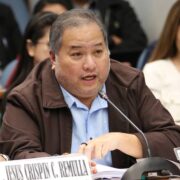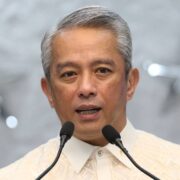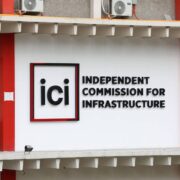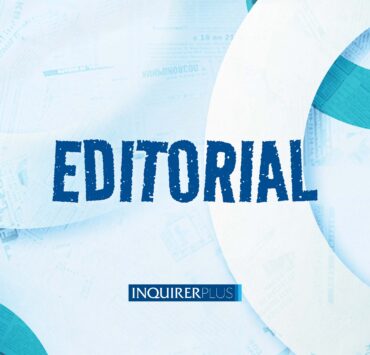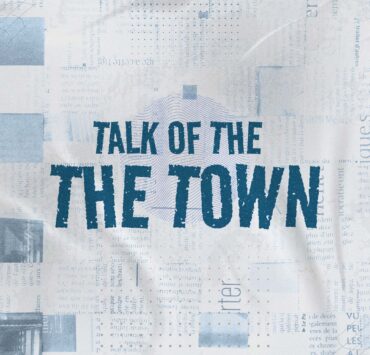Institutionalizing transparency, accountability
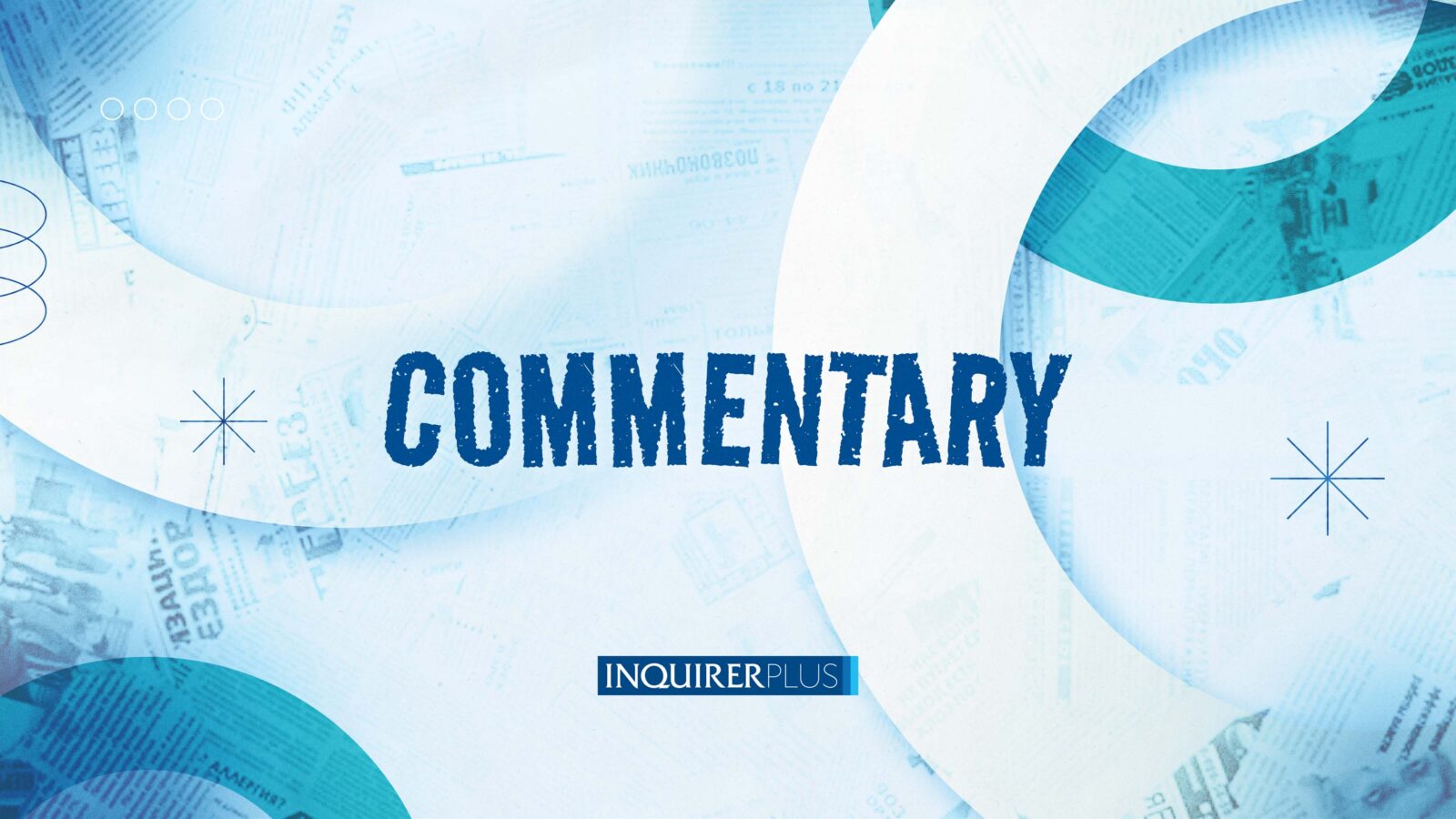
The magnitude of corruption in flood control projects has become the most important issue in the Philippines today. And rightly so. Trillions of pesos meant for these projects have been stolen over the years by public officials and private contractors. Hundreds of thousands of Filipinos rallied on Edsa and at Luneta to protest this palpable waste of public funds.
Congressional investigations revealed that the uncontrolled rise in unprogrammed appropriations was one of the ways this corruption is facilitated. For example, in 2025, the original proposal was only P158.7 billion, then it was massively raised to P531.7 billion in the bicameral conference committee. It was eventually reduced to P363 billion after the President vetoed some line items.
The President, in his third State of the Nation Address, expressed anger at the level of corruption that he ordered a strict audit of infrastructure, in particular, flood control projects. Subsequently, he also ordered lifestyle checks on all government officials.
Institutional mechanisms must be in place to ensure that corruption will be substantially reduced in this and succeeding administrations.
What has been done so far: House Resolution No. 94, adopted on Aug. 5, 2025, allows accredited people’s organizations to observe the 2026 budget hearings. Meanwhile, Senate Concurrent Resolution No. 4, adopted on Aug. 13, mandates full transparency mechanisms for the 2026 budget. It mandates both houses to upload key documents such as the General Appropriations Act, committee reports, transcripts of budget briefings and hearings, and plenary deliberation records to be fully accessible to the public. The bicameral process will also be livestreamed in response to public calls for a more open budget deliberation process.
On Sept. 11, President Marcos Jr. signed Executive Order No. 94 creating the Independent Commission for Infrastructure (ICI), an “independent fact-finding body to investigate alleged irregularities in government flood control and other infrastructure projects.” The ICI will investigate possible corruption in the planning, financing, and implementation of government projects undertaken in the past 10 years, with a specific priority on investigating flood control projects and may recommend cases to the Ombudsman or the Department of Justice for prosecution.
Reforms must cover not only the budget deliberation process but also include statements of assets, liabilities, and net worth (SALNs), digitalization of transactions, and publishing of bidding documents, among others.
Recommendations: 1. The President should convene the Legislative-Executive Development Advisory Council (Ledac) to align executive and legislative priorities, deciding which programs are programmed and unprogrammed in the 2026 budget before bicameral deliberations and submission to Congress. Ledac should also be used to monitor spending throughout the year to ensure efficient delivery of public services.
2. The development budget coordination committee should regularly track government spending, especially in agencies with low budget utilization, to avoid idle funds.
3. Amend the Bank Secrecy law to allow:
• The Anti-Money Laundering Council (AMLC) to examine bank deposits and investments of elected and appointed government officials as part of corruption investigations or lifestyle checks;
• The AMLC to verify the declared bank accounts of public officials in their SALNs;
• The Bangko Sentral ng Pilipinas to examine deposits of stockholders, directors, and employees of supervised financial institutions if there is reasonable ground.
4. Make the SALNs accessible to the public again by revoking the current circular as it is inconsistent with the Code of Conduct and Ethical Standards for Public Officials granting public access to SALNs.
5. Automatically upload online bidding documents and other infrastructure project documents like the Bill of Quantities, which include itemized details like materials, labor, and equipment, with respective quantities.
6. Fully implement electronic invoicing, allowing businesses to send, receive, and process invoices online instead of using paper. Transactions will be faster, more secure, and harder to tamper with.
7. Pass the Freedom of Information (FOI) bill requiring government offices to make budgets, contracts, and project updates accessible to the public while protecting personal data, national security matters, and ongoing investigations. Indonesia, Thailand, and Vietnam already have FOI laws.
The government must quickly respond with concrete policies to improve transparency and accountability to avoid disruptions to peace and order.
The government should institutionalize and strengthen anticorruption mechanisms through robust policy reforms and digitalization initiatives, combined with sustained political will. These will enable the government to restore public trust and ensure accountable governance in future administrations.
—————-
Gary B. Teves had served as finance secretary under the Arroyo administration.





